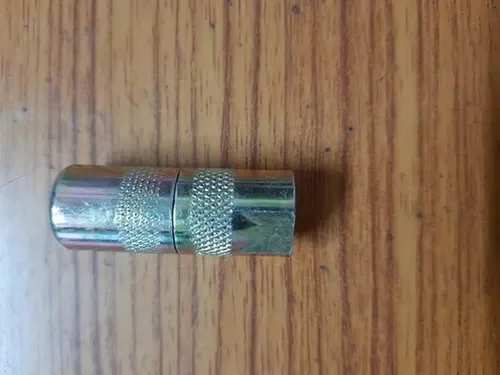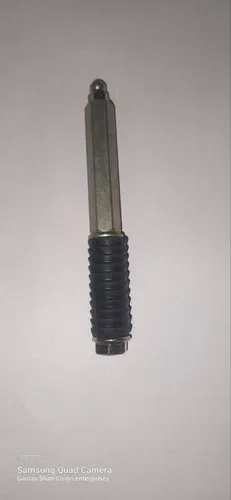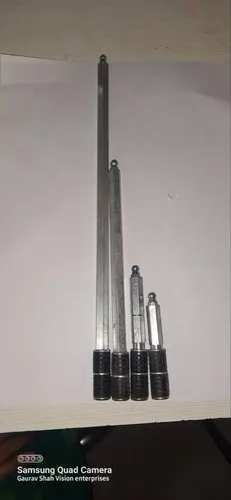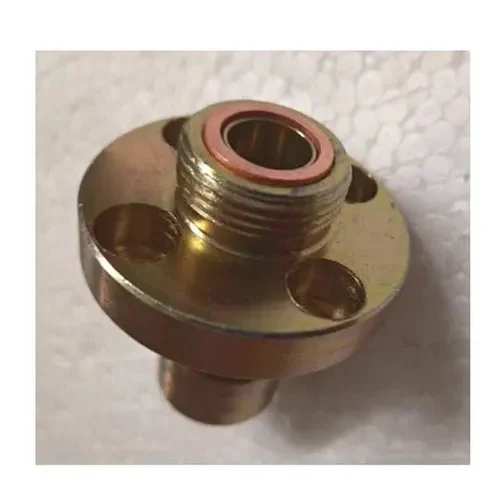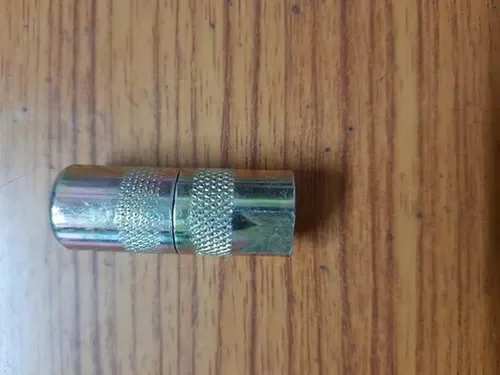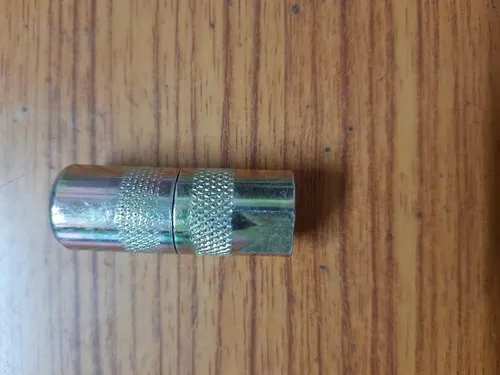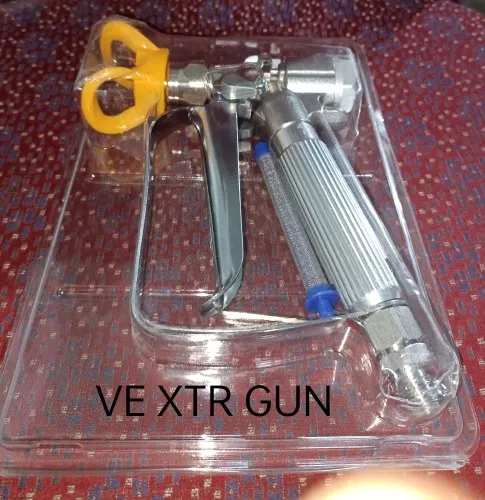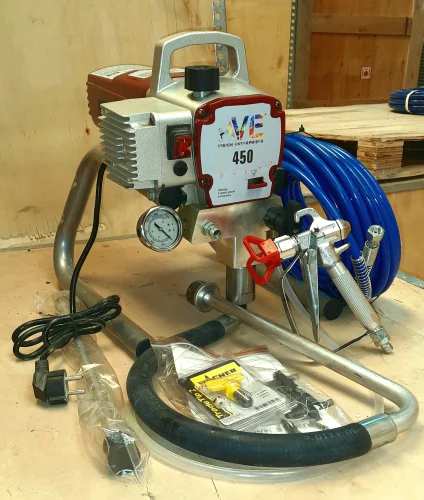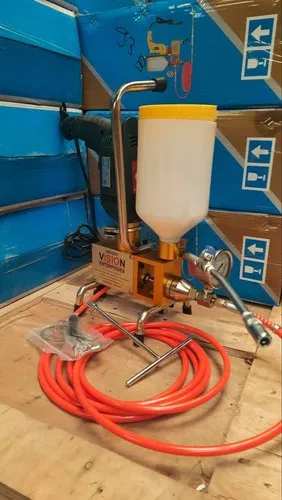Usage/Application: Spray Material: SS Brand: VE Packaging Type: Box Surface Finishing: Polished Epoxy injection grouting nozzles are specialized tools used to inject epoxy resin into cracks, voids, and other openings in structures like concrete, rock, and masonry. They play a crucial role in strengthening, waterproofing, and repairing compromised structures. Here's a breakdown of their key aspects: Function: Deliver epoxy grout under pressure into tight spaces with precise control. Prevent grout backflow during injection. Create a secure seal within the drilled hole. Types: Single port nozzles: Basic design with one opening for grout injection. Multi-port nozzles: Feature multiple outlets for injecting grout in different directions to fill larger voids. Packer nozzles: Combine a nozzle with a mechanical or hydraulic packer for increased sealing and pressure capacity. Custom nozzles: Can be made with specific lengths, angles, and materials for unique applications. Common Materials: Stainless steel: Offers durability, corrosion resistance, and high pressure tolerance. Aluminum: More lightweight and cost-effective, but less resistant to high pressure and corrosive environments. Polyurethane: Suitable for low-pressure applications and temporary installations. Key Features: Size and length: Matched to the diameter and depth of the drilled hole. Port sizes and angles: Determine the flow rate and direction of grout injection. Pressure rating: Indicate the maximum pressure the nozzle can handle without failure. Thread type: Must match the connection point on the injection equipment. Ease of cleaning: Some nozzles have simple designs for easy cleaning and reuse. Applications: Crack repair in concrete structures like buildings, bridges, and foundations. Soil and rock stabilization for infrastructure projects. Waterproofing tunnels, basements, and other structures. Strengthening structures exposed to high loads or vibrations. Bonding different materials like concrete and steel.

